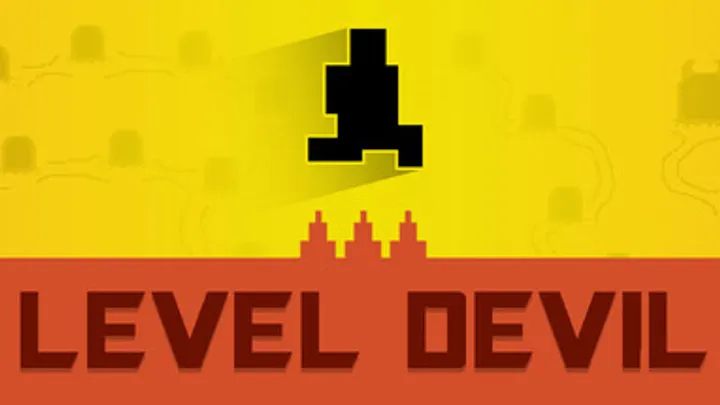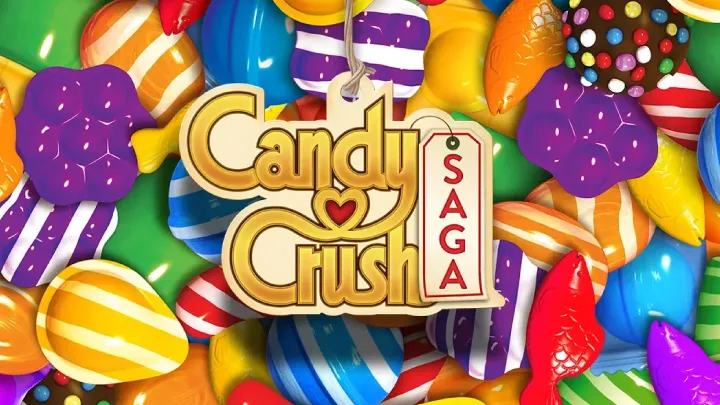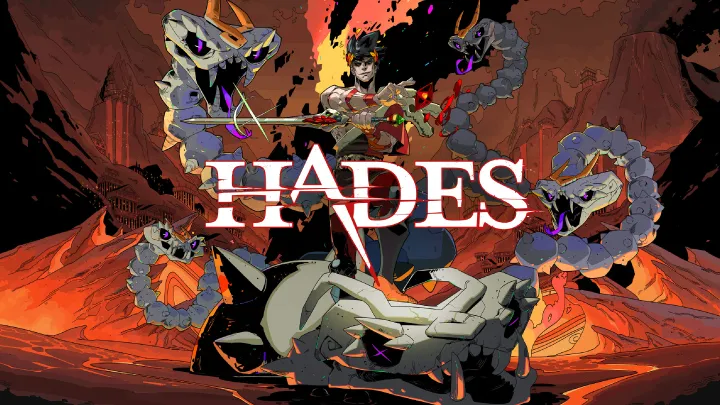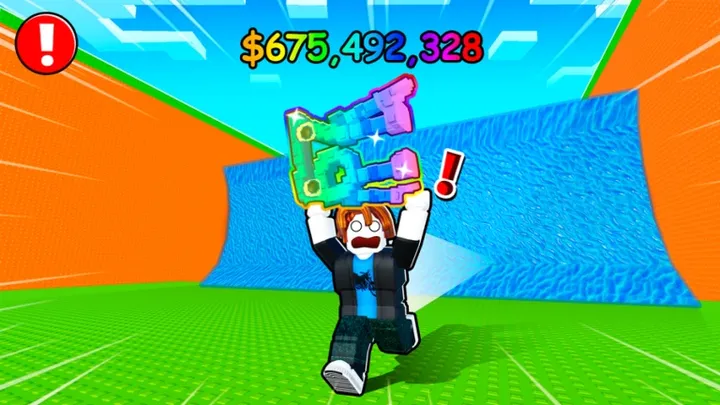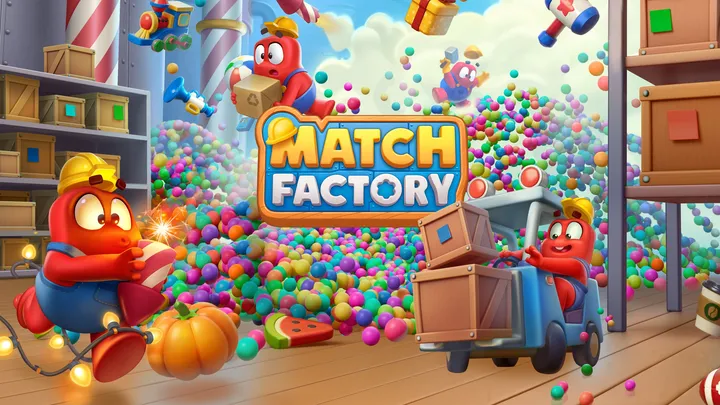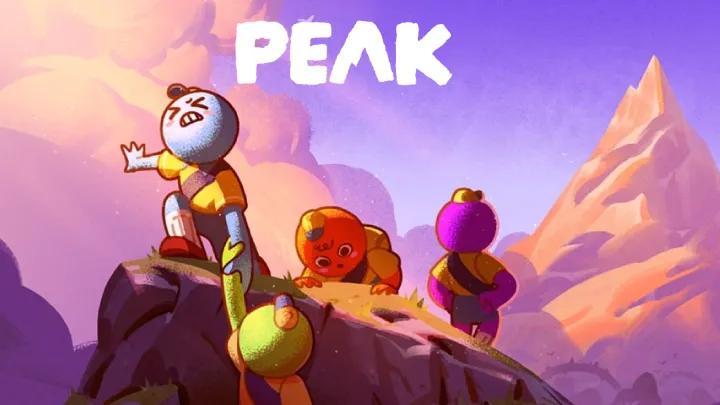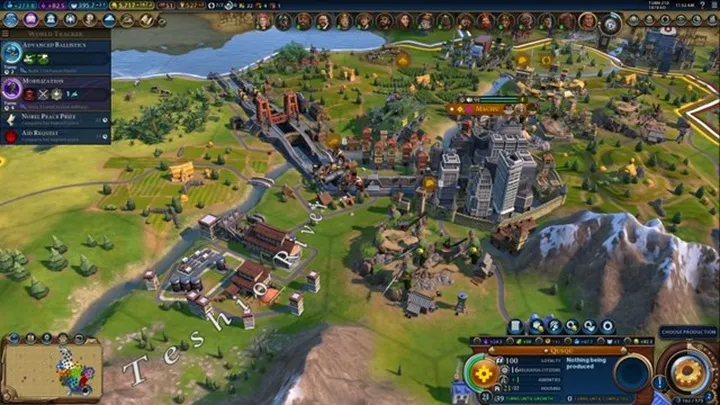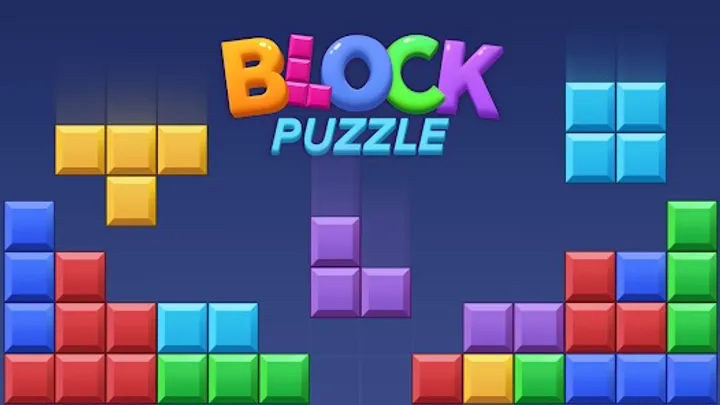Introduction
UFL™, developed and published by XTEN Limited (formerly Strikerz Inc.), released on December 5, 2024, for PlayStation 5 and Xbox Series X|S, with a PC version following in the first half of 2025, introduces a free-to-play competitive football simulation emphasizing fair play and skill-based progression. Players build clubs from thousands of real-life footballers, compete in online leagues, and climb global rankings, priced with no upfront cost but featuring in-app purchases for cosmetics. It gained attention after multiple delays from 2022 to 2024, showcased in open beta tests and player-shared matches from the June 2025 PC playtest. Early feedback praised its accessible gameplay and anti-pay-to-win stance, though some noted awkward animations and limited licenses. This review explores its narrative, world, gameplay, and technical execution to assess its position as a challenger in the football sim genre.
Narrative & Storytelling
UFL™ crafts its narrative through a player-driven storyline that unfolds through career progression and league dynamics. Players embody a club manager or player in a global online league, with the story evolving through match results, transfer decisions, and seasonal arcs like promotion battles. The narrative arc centers on rising through divisions, with key moments—such as a decisive goal or a transfer signing—adding a sense of achievement and rivalry. These moments foster a blend of strategy and competition, evolving from lower leagues to international glory.
However, the lack of a cinematic plot might leave some wanting a more immersive story, as the experience relies on emergent narratives—player tactics, squad builds, or league triumphs—that depend on individual dedication. The storytelling excels in its focus on skill and fair play, though its depth hinges on the participant’s investment in the competitive ecosystem, making it a compelling journey for those who appreciate its straightforward ambition.
World & Environments
The world of UFL™ centers on a global league system, featuring diverse stadiums like urban arenas, coastal fields, and international venues, rendered with a realistic aesthetic. The environments shift with each match—crowd animations, dynamic lighting, or pitch conditions—enhanced by interactive elements like player movements, formations, and fan reactions, creating an engaging backdrop. Sound design, with authentic commentary, boot impacts, and stadium chants, builds an immersive atmosphere, while visual effects like ball trails or goal celebrations add tactical variety.
Yet, the reliance on generic stadiums due to limited licenses might limit environmental authenticity over time, as the emphasis remains on match simulations rather than a living world. The design prioritizes a competitive, evolving setting, which could feel repetitive for players seeking varied exploration. Community feedback celebrates the stadium detail and audio immersion, though some note the absence of licensed teams, suggesting a world that thrives in simulation but may benefit from broader content to sustain engagement.
Gameplay Mechanics
Core Loop
The core loop revolves around match preparation and competition, where players strategize and play within 20-60 minute sessions, offering a balanced rhythm. The cycle of squad building, tactical setup, and match execution drives a compelling flow, encouraging persistent play.
On-Field Mechanics
The gameplay hinges on soccer simulation mechanics, where players control passing, shooting, and defending, with tactical depth added by formation choices and player stats. Online ranked and casual modes introduce variety, though balance issues with AI difficulty can disrupt flow. The mechanics reward precision and strategy, demanding mastery to overcome their competitive challenge.
Mode-Specific Features
The primary modes include Online Ranked, Casual Matches, and Club Builder, with objectives like winning leagues or completing challenges providing goals. Squad management and customization add variety, while leaderboards offer competition. The range of activities caters to different playstyles, but balance adjustments for match pacing and player stats lag, a point raised in early feedback.
Progression & Multiplayer
Progression includes earning XP, signing players, and advancing divisions, balancing effort with functional and competitive rewards in a system that feels rewarding based on initial play. The game supports multiplayer with up to 11v11 online matches, with real-time play and squad coordination, though server issues limit accessibility. The progression and multiplayer elements thrive on skill mastery, requiring refinement to enhance stability.
Technical Execution
UFL™ delivers a visually realistic experience with its detailed graphics, smooth animations, and dynamic effects, optimized across consoles with moderate requirements. Post-launch updates have addressed stability, with patches like the January 2025 balance update adding content, though occasional glitches like frame drops, crashes, and optimization issues persist. Audio impresses with a dynamic score and crowd sounds, though repetitive loops can detract over long sessions.
Controls are responsive with precise inputs, offering a natural feel across controllers, though the lack of PC release at launch limits versatility. Ongoing updates are refining core systems, but initial technical hiccups suggest continued optimization is needed. The execution supports the simulation focus, with visuals and audio as strengths amid polish challenges.
Community Feedback
UFL™ has cultivated a growing community, with early praise for its fair play model, squad building, and online leagues, though concerns about animations, licenses, and performance surface from player discussions. Excitement for updates and new players is widespread, but frustration with awkward passing and server lag persists. Community feedback drives development, sustaining interest, and player retention remains moderate, fueled by its free-to-play model and developer responsiveness.
Criticism centers on technical stability and content, with players noting frame drops and a desire for more licenses, alongside debates over pay-to-win elements. The community’s active input shapes updates, reflecting a group eager to see the game evolve into a refined soccer sim, with initial console reviews showing a mixed reception with potential for improvement.
Final Verdict
UFL™ delivers a promising soccer simulation with its skill-based gameplay and global leagues, celebrating a fair-play approach. Its squad management and matches shine, though animations and technical issues pose challenges. It’s a must-play for soccer fans, with patience required as updates refine the experience.
















































